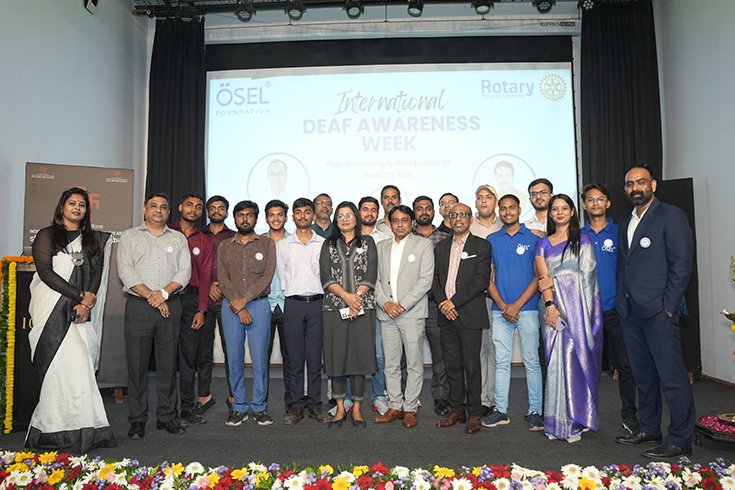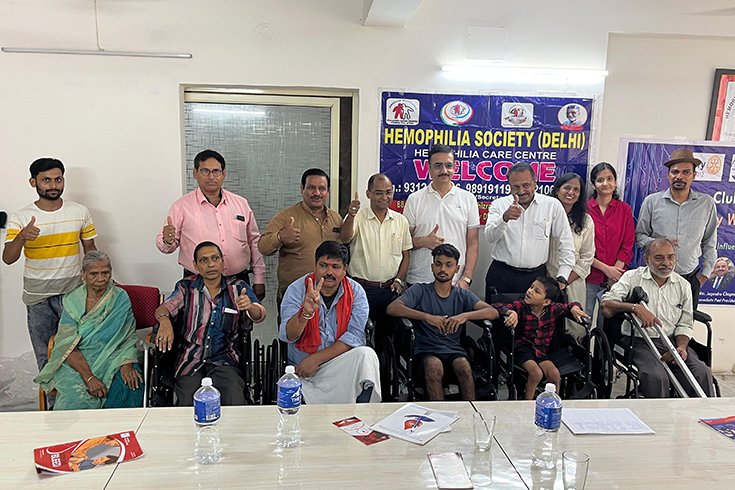Technology
has always been a game-changer in medicine, driving progress through innovation
and research. One of the most remarkable recent breakthroughs comes from Indian
scientists at Christian Medical College, Vellore. They developed a novel gene
therapy for haemophilia, a condition characterized by bleeding episodes due to
low levels of clotting factors. In trials conducted among patients in Tamil
Nadu, five individuals experienced no bleeding episodes for over a year after
undergoing this treatment. Unlike traditional methods that require regular
infusions of clotting factor concentrates, this therapy uses lentivirus to
introduce corrected genes into patients' cells, offering promising outcomes.
Unlike adenovirus-based therapies, lentivirus has a lower risk of triggering
antibodies, making it a safer option for broader use.
Meanwhile,
researchers at IIIT-Delhi developed AgeXtend, an AI-based platform that
identifies age-defying molecules with unprecedented efficiency. Screening over
1.1 billion compounds in two years, the platform narrowed down potential
molecules with geroprotective properties, significantly reducing research time.
AI also continues to transform ophthalmology, with technologies like
telemedicine and diagnostic tools becoming integral to the field. AIIMS and
Wipro’s collaboration to establish an AI Health Innovation Hub in India
highlights the growing role of AI in public healthcare.
Another
significant milestone in Indian healthcare is the establishment of the nation’s
first diabetes biobank in Chennai. Developed by ICMR and the Madras Diabetes
Research Foundation, the biobank collects, processes, and stores biological
samples to support medical research, particularly for non-communicable diseases
like diabetes. This initiative promises to advance understanding and treatment
of diabetes in India.
On
the topic of lifestyle diseases, research from Chennai warns against the high
carbohydrate content in packaged foods, posing risks for individuals with
diabetes or predisposition to high blood sugar. Additionally, studies link
sweetened beverages to increased risks of cardiovascular diseases, while new
findings reveal that paracetamol may cause side effects in the digestive tract,
heart, and kidneys among older adults.
Global
health also faces challenges. The WHO's recent report states that India
accounted for half of all estimated malaria cases in the South-East Asia region
in 2023, emphasizing the need for intensified efforts against the disease. In
Europe, poliovirus was detected in wastewater in Spain, Germany, and Poland,
underscoring the importance of maintaining high vaccination coverage.
Air
quality in Delhi-NCR remains a pressing concern, with AQI levels breaching the
400-mark and entering the "severe" category again. Seasonal ailments
and environmental factors continue to burden the region’s healthcare systems.
Healthcare
infrastructure is also under scrutiny. A fire at a private hospital in
Dindigul, Tamil Nadu, led to six deaths and exposed lapses in safety protocols.
Initial investigations revealed the cause as a short circuit, raising questions
about the implementation of fire safety norms in healthcare facilities.
On
a social note, the trend of home and water births in Tamil Nadu without skilled
medical assistance raises concerns about maternal and newborn health.
Simultaneously, the Karnataka Health Department has urged doctors to prioritize
natural births to reduce unnecessary caesarean sections, focusing on safer
delivery practices.
Lastly,
issues of accessibility and trauma come to light. Denying access to restrooms
for gender non-conforming individuals has serious health and psychological
consequences. Trauma’s impact on brain function was also highlighted in a talk
by Peter Choate, emphasizing the need for understanding and addressing its
long-term effects.
As
technology reshapes medicine, balancing innovation with accessibility and
safety remains critical for a healthier future.












